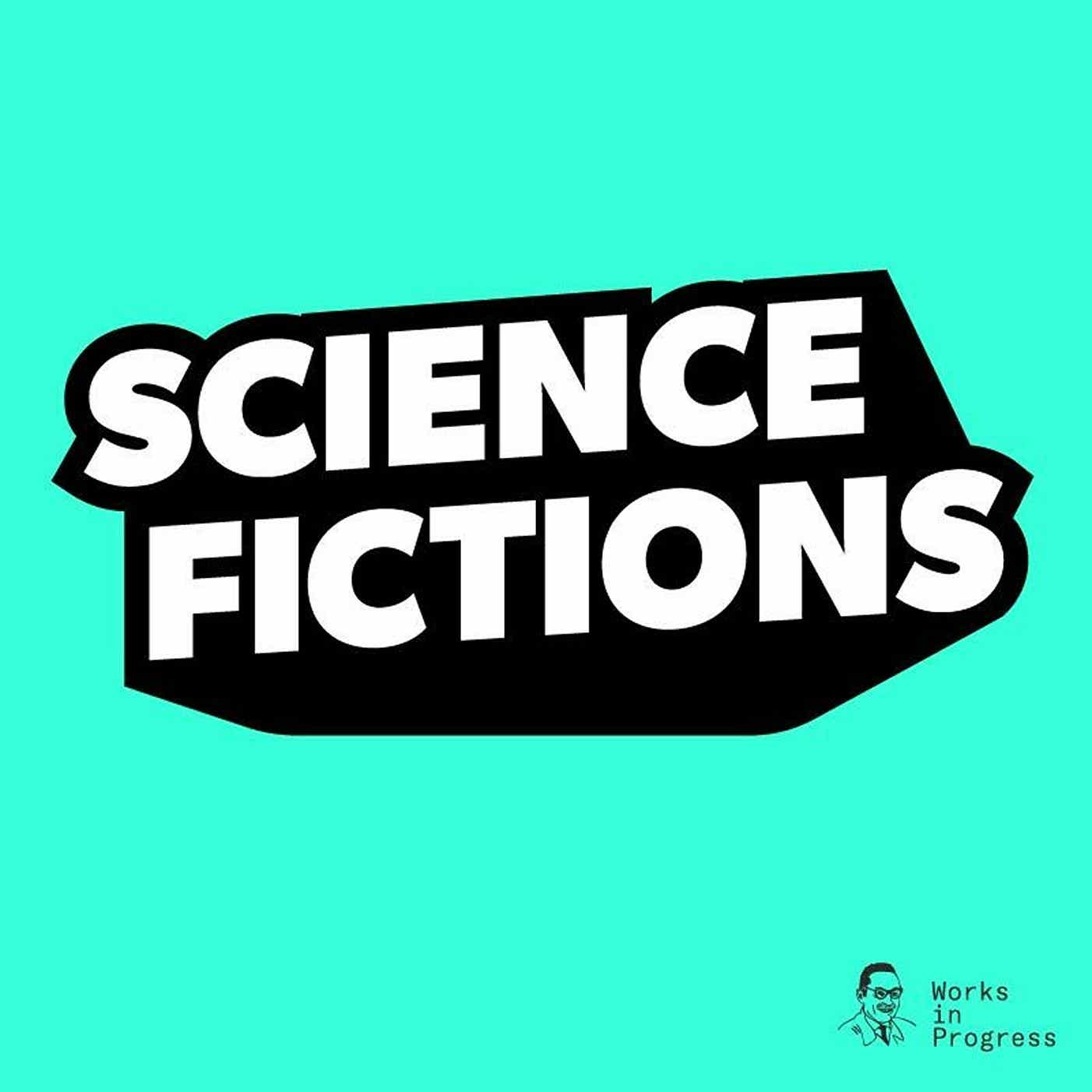

Science Fictions
Tom Chivers and Stuart Ritchie
A weekly podcast about the latest scientific controversies, with Tom Chivers and Stuart Ritchie sciencefictionspod.substack.com
Episodes
Mentioned books

37 snips
Aug 5, 2025 • 1h 12min
Episode 81: Retraction
The discussion dives into the intriguing world of scientific retractions, highlighting the rising trend and its causes. From the excitement of groundbreaking findings to the stark reality of fraud and misconduct, the hosts dissect the balance between discovery and accountability. They explore historical retractions, such as the arsenic bacteria paper, and ponder whether the increase in retractions indicates more fraud or just a greater awareness of previous errors. This captivating conversation sheds light on the integrity crisis in science and the need for improved transparency.

30 snips
Jul 29, 2025 • 1h 5min
Episode 80: Mindfulness meditation
Explore the vibrant world of mindfulness meditation and its various claimed benefits, from enhanced mental health to changes in brain structure. Dive into the skepticism surrounding its effectiveness, featuring amusing anecdotes and critical reflections on popular mindfulness studies. Discover intriguing parallels between mindfulness and psychedelics, and examine the complexities of measuring its true impact. The discussion goes further to critique research validity, addressing biases and methodological concerns, making for an enlightening exploration of mental wellness.

21 snips
Jul 22, 2025 • 52min
Episode 79: Cancer rates
The podcast dives into the confusing narratives about cancer rates, revealing a rise among younger populations while overall mortality declines. Discussions touch on the alarming statistics of early-onset cancers and the role of vaccines, such as the HPV vaccine, in lowering rates. The hosts explore the complex links between smoking, vaping, and cancer mortality, along with the influence of various viruses. They also critique the portrayal of cancer survival rates in the media, all while maintaining a blend of humor and serious insights.

22 snips
Jul 15, 2025 • 1h 16min
Episode 78: Worm wars and mouth bacteria
The hosts dive into the intriguing debate over the impact of deworming children in developing countries, touching on the broader benefits beyond health. They challenge the validity of various statistical claims, emphasizing the need for rigorous research. A fascinating discussion unfolds around a genetically-modified mouth bacteria designed to combat cavities, raising ethical concerns about altering oral microbiomes. Lastly, they highlight the risks of antibiotic resistance linked to deworming practices, critiquing market trends and their implications for health.

Jul 8, 2025 • 11min
Paid-only Episode 21: Psychological sex differences
The hosts dive into the intriguing world of psychological sex differences, starting with how gender stereotypes influence toy preferences in childhood. They explore the evolution of gender roles, acknowledging both biological and social influences. The conversation shifts to gender disparities in sports and STEM fields, revealing biases that complicate perceptions of ability. A fascinating study highlights a lack of mathematical disparities in early childhood, before uncovering a trend where boys start to surpass girls as they age. It's a captivating examination of gender dynamics!

13 snips
Jun 24, 2025 • 1h 6min
Episode 77: Anti-ageing, part 1
Dive into the fascinating world of anti-aging, where goat blood transfusions and miracle supplements reign supreme. Explore the science behind rapamycin and metformin, and discover how calorie restriction might hold the key to longevity. The discussion scrutinizes exaggerated health narratives, urging a skeptical approach to unverified claims. Plus, unravel the complexities of DNA methylation and its impact on aging. The humor and personal anecdotes provide a refreshing take on the societal challenges of growing older while critically assessing the quest for eternal youth.

11 snips
Jun 17, 2025 • 50min
Episode 76: The four-day week
Could you work 80% of your hours and still get paid in full? Discussion around the four-day workweek reveals intriguing potential benefits, including increased employee satisfaction and productivity. Various trials, including Microsoft's in Japan and Iceland's extensive study, showcase promising results, though some claims have been debunked. The podcast delves into historical shifts in work hours and the impact on talent retention. Ultimately, it questions whether the concept is a pathway to happier, healthier workplaces or just another overblown trend.

22 snips
Jun 10, 2025 • 1h 15min
Episode 75: Broken windows theory
Dive into the perplexing broken windows theory, exploring how urban decay might fuel criminal behavior. The hosts challenge its validity through historical anecdotes and critical studies, revealing the psychological impacts of neglect. They also confront controversial research, including a scandal of scientific fraud tied to these studies. Additionally, examine how environmental factors influence societal attitudes and behaviors, all while addressing the complex interplay between crime, community, and political perceptions.

12 snips
Jun 4, 2025 • 56min
Un-paywalled: Bicycle helmets
The podcast dives into the controversial topic of bicycle helmet use, sparking lively debates over their true safety benefits. Hosts discuss the Peltzman Effect, where helmets may lead to riskier cycling behavior. They explore anecdotes, social media banter, and personal experiences to reveal the clash between safety perceptions and actual risks. The episode raises questions about helmet mandates and their impact on cycling participation, advocating for improved infrastructure over simply relying on safety gear. It's a thought-provoking exploration of cycling culture and safety.

20 snips
May 28, 2025 • 1h 6min
Episode 74: Neurogenesis
Can adults really grow new neurons? This lively discussion tackles the controversies surrounding adult neurogenesis, debating whether our brain cells are fixed after childhood. Insights from London taxi drivers highlight the brain's adaptability amid learning challenges. The podcast humorously critiques research methodologies while exploring the implications of exercise on neuron growth and mental health. Revelations about DNA replication and nuclear impacts add depth to the conversation, creating a rich tapestry of scientific inquiry.


